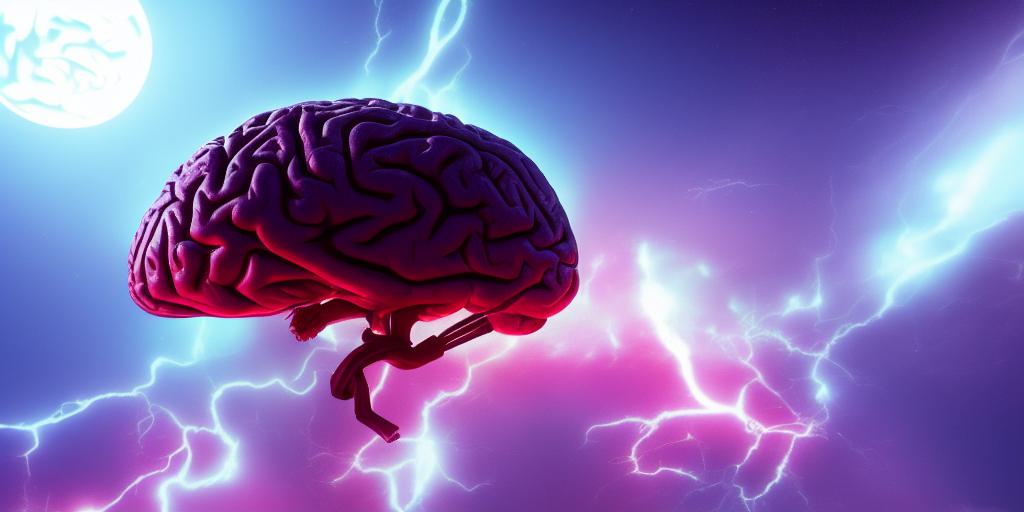The Power of Memory: Why Our Past is Hard to Forget
The Power of Memory: Why Our Past is Hard to Forget

Introduction
The past can be a powerful force in our lives, shaping our thoughts, feelings, and actions in ways that can be difficult to understand. Memories of past events, both positive and negative, can linger in our minds, influencing our mood and behavior. However, despite our best efforts, it can be hard to forget the past and move on. In this article, we will explore the reasons why it is hard to forget our past and offer some practical tips for dealing with these challenges.
Role of Memory

Memory plays a crucial role in our ability to recall events from our past. It is through our memories that we are able to remember the people, places, and experiences that have shaped us. However, memories can also be a double-edged sword, as they can also be the source of painful or traumatic experiences that we would rather forget.
Emotional Attachment

Emotions are a powerful force that can impact our ability to forget the past. When we have strong emotional attachments to people or events from our past, it can be difficult to let go and move on. We may feel like we are losing a part of ourselves if we try to forget these experiences.
Personal Identity

Our past experiences play a significant role in shaping our personal identity. We often define ourselves based on our past experiences and the people we have met along the way. It can be hard to let go of these experiences because they are a part of who we are.
Trauma

Traumatic experiences can have a lasting impact on our ability to forget the past. These experiences may be so emotionally charged that they are deeply ingrained in our memories, making it difficult to move on. It can take time and effort to work through these traumatic experiences and find a way to move forward.
Conditioning

Our past experiences can condition us to react in certain ways to certain situations. This conditioning can be difficult to break, making it hard to forget the past. For example, if we have had a negative experience with a particular person or in a particular situation, we may be conditioned to feel anxious or fearful when we encounter that person or situation again.
Fear of the Unknown

Finally, it can be hard to forget the past because it represents a known quantity. The future, on the other hand, is unknown and can be scary. When we hold onto our past experiences, we may feel like we have some control over our lives and our future. Letting go of the past can feel like we are stepping into the unknown and losing that sense of control
Conclusion

In conclusion, it is clear that the past can be a difficult and persistent force in our lives, influencing our thoughts, feelings, and actions in ways that can be hard to understand. However, by recognizing the underlying psychological mechanisms that contribute to our attachment to the past and by taking active steps to address these issues, we can learn to let go of the past and move forward with renewed energy and purpose. Whether through therapy, meditation, or other forms of self-care, there are many strategies that can help us to overcome the challenges of holding onto the past and embrace the present moment with open arms.
Comments
Post a Comment